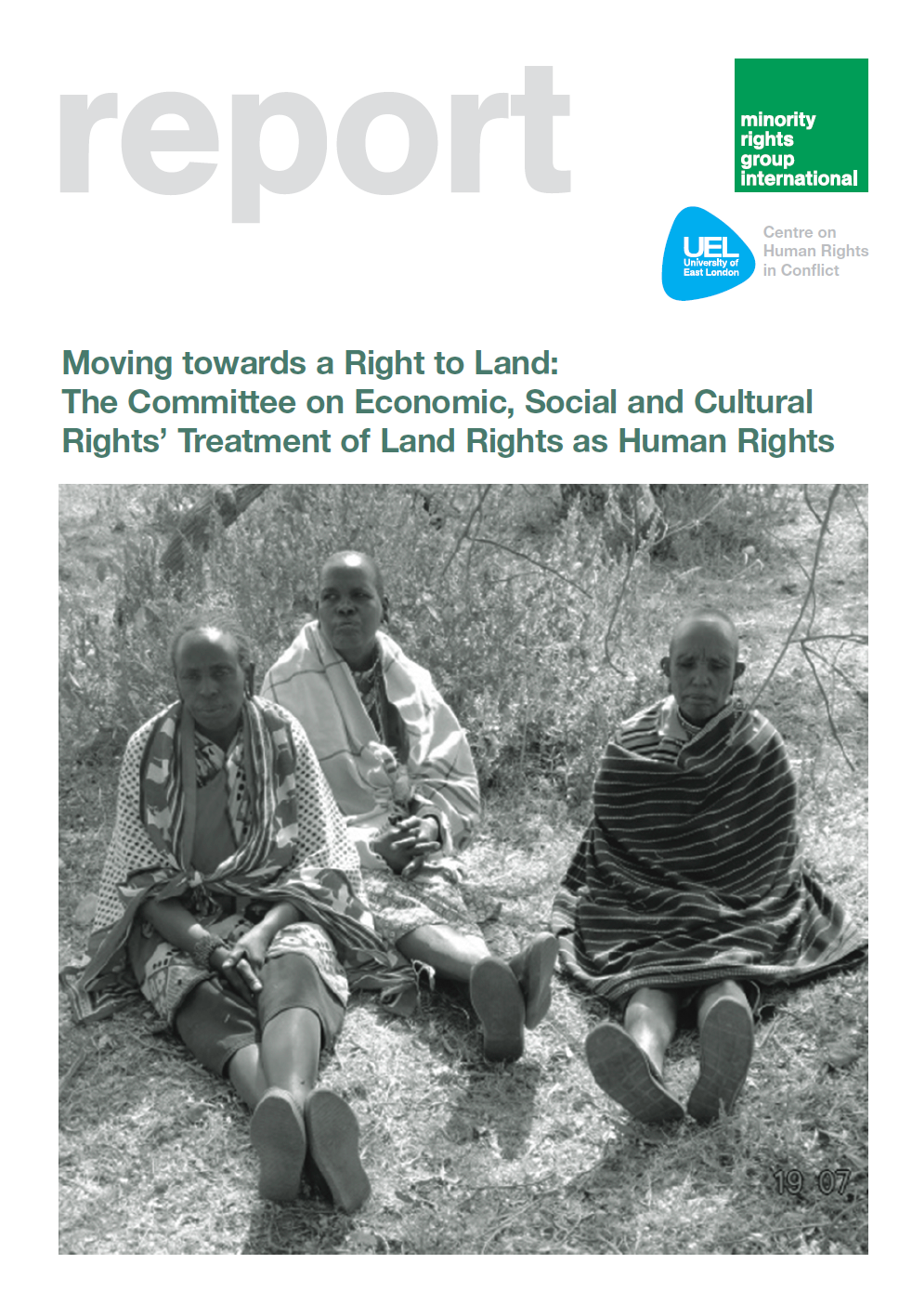Good governance in land tenure and administration
This guide is written for people who work in land administration and all those with an interest in land, land tenure and their governance. Although much has been written about the importance of good governance in achieving development goals, there is comparatively little material on good governance in land tenure and administration. Failings in governance have adverse consequences for society as a whole. By contrast, good governance can help achieve economic development and the reduction of poverty. Good governance matters.





